How should you respond when an overseas hedge fund takes an active interest in your business? Many CEOs treat this as impertinence: an outsider questioning strategy and competence of the executive to make sound stewardship decisions. The activist believes shareholder return is hampered by a complacent board driven by risk aversion not value realisation. In short the activist has a higher risk appetite than the board: he sees potential higher return but he needs to convince fellow shareholders new leadership will adopt a strategy to deliver higher shareholder value.
A typical activist is based in the US or Asia and views many UK companies as fertile ground for their investment fund. Activists have a different perspective on corporate risk to an incumbent board. An activist takes a long term view of value creation despite a sometimes unwarranted reputation for impatience for short term gains. Many see the composition of a FTSE company board as part of the problem, too many like-minded individuals susceptible to groupthink or commitment escalation. The activist is less risk averse than the average UK board and prepared to take higher risk in order to reap the benefit of higher reward. It really does boil down to a difference in risk appetite.
What creates a difference in risk appetite? There are two key determinants, perception and attitude. Perception is whether you view risk as a threat or opportunity, attitude is whether you seek it or avoid it. If you view it as a threat you will prefer to avoid it, conversely if you view risk as opportunity you will prefer to seek it. Avoiders tend to sit on group boards whereas seekers tend to sit as fund managers. Compliance and governance regulations also nurture a risk avoidance culture, something behavioural economics confirms to be a common feature of decisions taken collectively by boards.
The activist shareholder is more comfortable viewing risk as opportunity and tends to view it within the context of strategy as opposed to governance and compliance. The activist recognises that both strategy and risk are estimated future outcomes, neither of which can deliver certainty: strategy merely being future direction and risk being future uncertainty. A risk averse culture will never offer returns that a risk seeking one can. The former sees hazard and unfavourable outcomes whereas the latter sees opportunity and beneficial outcomes. Glass half full or half empty? ..or even Glass Lewis!
What does an activist shareholder really want as a disruptor to the status quo? As an investor he believes in the business and its true potential, it is unfair to assume he only wants to asset strip, make a ‘quick buck’ and exit, this is rarely the case today. He wants to release value he feels is trapped by a complacent board, comfortable with a strategy that has not been challenged by any passive shareholder party, in short a board afraid to make bold decisions and increase shareholder value. He sees hubris in corporate leadership content to justify weak performance through excuses about market forces or competitor activity but never prepared to acknowledge its own shortcomings and lack of enterprise. He needs to secure a mandate for change.
The activist brings a new vision from overseas and with an attitude to risk that is refreshingly different. His job is to make other shareholders doubt the trust they placed in the incumbent management team: to question fitness for purpose where that purpose is maximising shareholder return. Unfortunately some institutional shareholders refuse to share this view, either because they don’t want to admit they were wrong to trust the board, or it still retains their trust, or simply because their modest forecast returns are being met satisfactorily: ‘if it ain’t broke don’t fix it’ or more likely: ‘better the devil you know’. Not all shareholders are in it for the same thing and an activist cannot expect them all to share his view.
An activist taking interest is a wake-up call, an opportunity to invite endorsement of your strategy from major shareholders and secure their backing for your board. It is an opportunity not a threat.
For more information contact info@chiron-risk.com

